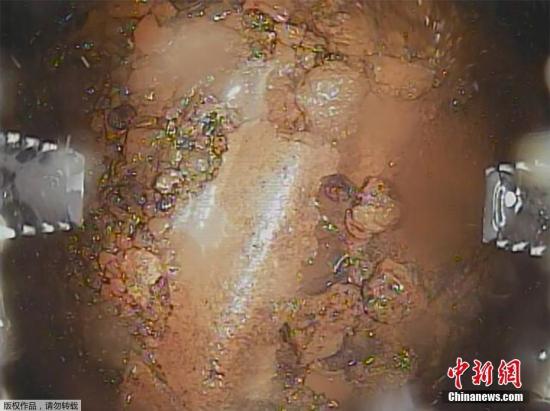China News Service, November 28. According to a report from Kyodo News on the 28th, Tokyo Electric Power Co., Ltd. recently stated that it will accelerate the advancement of nuclear-contaminated trees stacked at the Fukushima Daiichi Nuclear Power Plant in Japan and the combustible waste generated from reactor scrapping operations. Improve the work of incineration equipment, and plan to fully operate in March 2021 to ensure the installation space of facilities required for future operations.
On March 11, 2011, a huge tsunami triggered by a major earthquake cut off the power supply of the Fukushima Daiichi Nuclear Power Plant and destroyed the critical backup power supply used to ensure the operation of the core cooling system. The Fukushima nuclear accident in Japan became The world has suffered the worst nuclear crisis since 1986.
According to reports, TEPCO has cut down trees in the plant area in order to set up storage tanks for storing nuclear sewage generated by the first nuclear power plant.
Currently, there are approximately 130,000 cubic meters of wood in storage, which cannot be moved out of the factory due to contamination by radioactive materials scattered in the accident.
TEPCO stated that the construction of the incineration facility began in November 2017 and has been basically completed, and it is testing valves and pumps.
According to reports, the incineration plant can burn 95 tons per day after it is fully operational.
The gas generated during the operation will be discharged after the radioactive material is removed by the filter. If the concentration has an abnormal value, the operation will be stopped.
The ashes after incineration will be put into steel containers and put into storage for storage.
The report pointed out that after December, an incineration test of simulated waste and actual contaminated waste will be carried out to confirm whether there is any problem with the performance of the equipment and the discharge of radioactive materials.
However, for the ashes after incineration, the specific treatment method has not yet been finalized.
TEPCO stated that "different from general nuclear power plant waste due to the attachment of radioactive materials, etc., it is cooperating with the central government and related agencies to promote research. Before deciding on the final disposal method, it will be safely stored in the plant area."

